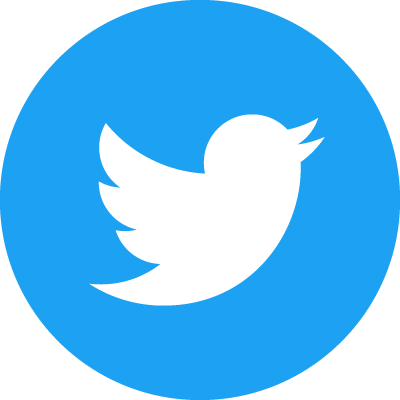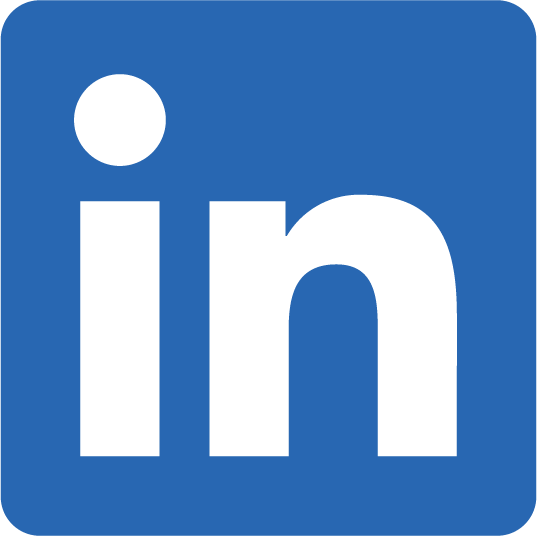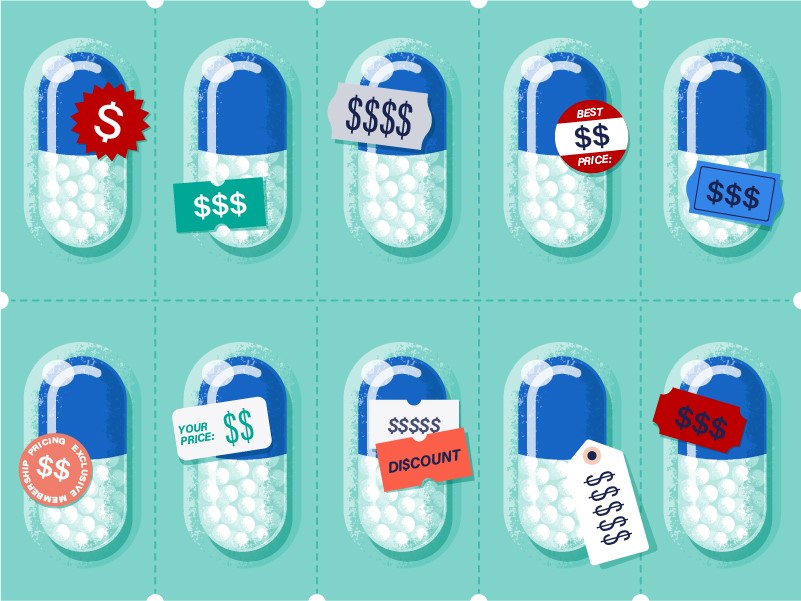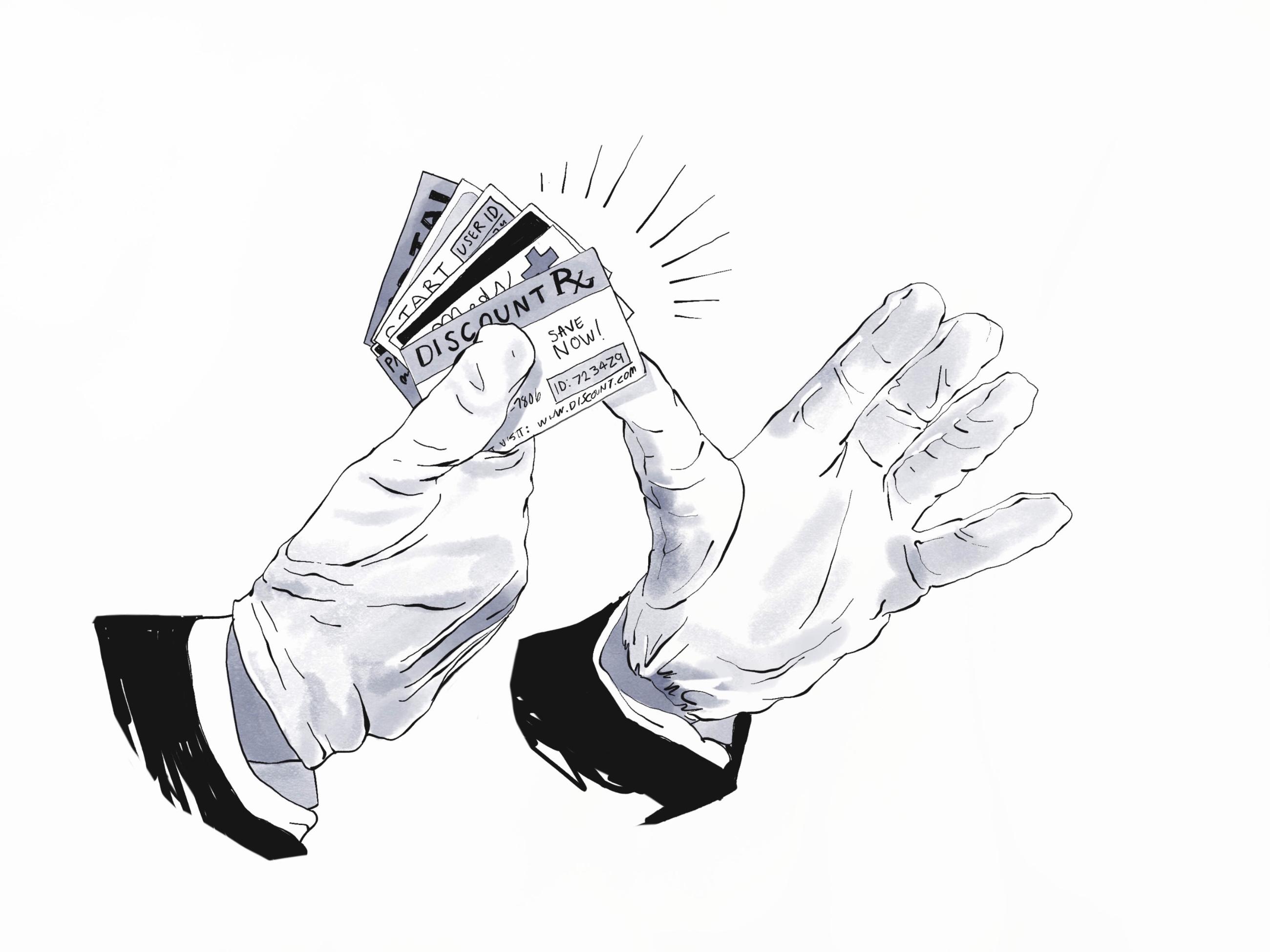You Asked, We Answered: A Special Coronavirus Edition
Including: Should you wear a mask? Pick up your meds at the pharmacy?

Editor’s note: Welcome to The PostScript Rewind, a recap of the latest in healthcare news. Featuring everything you need to know — none of what you don’t.
Should you wear a mask to keep from getting the coronavirus?
At the start of the coronavirus pandemic, the recommendation from the Centers for Disease Control and Prevention was clear. Masks weren’t necessary for people who weren’t experiencing symptoms or hadn’t come into contact with someone infected with the coronavirus.
As of Friday, April 3, 2020, the CDC changed its recommendation. New research had arrived.[1]
New information and studies were showing how easily the coronavirus was spreading, and even found that those who weren’t showing symptoms could still spread the virus to someone else.
Additionally, healthcare experts now believed face coverings or masks, even cloth ones, may help slow the spread of the virus.
“In light of this new evidence, CDC recommends wearing cloth face coverings in public settings where other social distancing measures are difficult to maintain (e.g., grocery stores and pharmacies) especially in areas of significant community-based transmission.”[1]
—
The changes in recommendations from the CDC show how hard it can be to keep up with coronavirus updates, as it is an evolving pandemic.
That’s one reason we put together this guide. We’re also hearing a lot of the same concerns from many of you. Questions like, “Can I still pick up my medication?” and, “What should I do if my healthcare provider’s office is closed?”
Information contained in this guide is sourced from:
-
The CDC, the U.S. agency leading the coronavirus response domestically
-
The World Health Organization, the United Nations subgroup charged with responding to global health emergencies
-
ScriptHero Ohio board-licensed pharmacists
How should you stay updated on coronavirus developments?
Maybe you’ve noticed it too: The flood of coronavirus theories, stories and news from a range of sources — some more reliable than others.
An overabundance of information can make it hard to know what advice to take. For the most up to date information, it’s best to use official government sources like the CDC and WHO.
That idea is also behind a multifaceted social media campaign by the WHO.[2] As part of this move, you can find up-to-minute news and information from the WHO in the following places:
What should you do if your healthcare provider’s office is closed?
Few businesses have been spared by the coronavirus, healthcare providers included. Once the pandemic came to the United States, many healthcare providers stopped non-emergency procedures and visits.
For those who can’t see their healthcare provider in person, online video calls could be an option for non-emergency visits.
Often called telehealth, many healthcare providers are using these online services to continue treating patients for non-emergency visits. In fact, the CDC has even recommended that healthcare providers see patients virtually as much as possible to help stop the spread of the coronavirus.[3]
However, if you experience a medical emergency, don’t rely on an online service. Call 911 or seek immediate medical care at a nearby hospital.
What should you know about telehealth services?
Generally, you can access this type of remote, online care a couple of ways:
-
E-visits through your healthcare provider and/or insurance plan
-
An online-only service
Getting started is also relatively easy. If you’re using a service through your healthcare provider or insurance plan, please check with them for specific instructions for using their program. Otherwise, you can begin with the following:
-
A computer, tablet or smartphone
-
Internet access or a smartphone data plan
-
The ability to download a smartphone app
It’s also a good idea when using telehealth services to keep your personal information safe and secure. Only use trusted services and create strong passwords.
What should you do if you’ve lost your health insurance?
The good news is, you have options to continue getting your medications, even if you’ve lost your health insurance.
One of those options is using a prescription discount card at the pharmacy. For instance, did you know you can sometimes get cheaper prescription drugs by not using insurance?
Your local pharmacist is a great resource if you have questions about prescription discount cards, says Eric Wu, ScriptHero clinical pharmacist.
“Use your pharmacist as a resource — especially during this time when provider and prescription access may be limited,” Eric says. “Many pharmacy teams can either find ways to lower costs or recommend alternatives that can save you money and keep you healthy.”
If you end up using a prescription discount card, you can typically present a digital card on your smartphone or print a paper copy of the card to present to the pharmacy. When using the drive-thru, it’s best to use a printed copy. It’ll help make your trip a bit more efficient and may help limit the spread of germs.
Some pharmacies may prefer taking the prescription discount card information over the phone, instead of at the pharmacy counter. You can try calling ahead to ask the pharmacist if this is an option.
What should you know about the coronavirus if you have Medicare?
Medicare covers coronavirus-related needs like lab tests, medically necessary hospitalizations and more. (You can find a full list of valuable recommendations at the official Medicare website.)
The Medicare website also cautions its users to beware of scammers looking to take advantage of people while they’re distracted with a national emergency.
“As always, guard your Medicare card like a credit card, check Medicare claims summary forms for errors, and if someone calls asking for your Medicare Number, hang up.”[4]
What should you know before going to the pharmacy?
You can still visit the pharmacy to pick up your prescriptions; however, you should always check their hours of operations, as they may differ from their typical business hours. If possible, try to limit your trips, use the drive-thru or take advantage of home delivery choices, explains Becca Wilson, ScriptHero clinical pharmacist.
“The best advice is to call ahead for refills and sign up for automated texting and refills,” Becca says. “This way you won’t have to wait at the pharmacy as they finish your order, and you’ll know the moment it’s done.”
If available, auto refills are also a great choice right now, as they can help ensure that you do not run out of medication.
Many insurance companies have also lifted restrictions around refill limits and prior authorizations for some medications. This means you might be able to get more of your medication at one time, saving you additional trips to the pharmacy.
Also, before ordering any medication refills, be sure to check the supply of all your medications. Depending on the medications, you might be able to refill several at once.
It’s also good to call ahead for other services you may need. Some services like immunizations and certain tests might not be available or may be available on a limited basis.
What should you expect at the pharmacy?
Expect longer lines and be ready to be patient.
Many pharmacists are working longer hours with less help. In fact, many pharmacists say they’re working with more customers, prescriptions and payments than ever before.[5]
Meanwhile, their co-workers may be sick at home, still on the job, or working reduced hours to help care for at-home children.
On top of all these challenges, the pharmacy team is likely spending more of their time sanitizing and cleaning.
Plan on giving yourself extra time at the pharmacy, so you aren’t stressed if the trip takes longer than usual. Also, consider thanking those working at the pharmacy.
“These workers are stressed and scared for themselves and their families. But they come in to help their patients,” Becca says. “There may be delays, but they’re trying hard to get you home safely with the medications you need.”
Have additional questions about the coronavirus? Send your questions to Editor Justin McIntosh at justin@scripthero.com, and we’ll do our best to answer them on The PostScript.
This article is intended for informational purposes only and the information contained within may have changed since initial publication. For the most up to date information on the coronavirus, please consult the CDC website, WHO website, and/or your state and local health departments. This article is not intended to be medical advice nor does it replace professional medical advice, diagnosis or treatment. If you have any healthcare questions, please seek the advice of your physician or other qualified healthcare provider. If you’re experiencing a medical emergency, call your physician or dial 911 immediately.
Justin McIntosh is the editor of The PostScript. With more than 15 years of award-winning editorial experience, Justin’s words have appeared on ESPN, Stereogum, NYMag, Pilgrim Magazine and more.
Jeremy Slagle is a graphic designer and illustrator based in Columbus, Ohio. With more than 25 years of experience, Jeremy has worked with clients such as Nickelodeon, Bath & Body Works, Jeni’s Splendid Ice Creams, Wired Magazine and more.
This article was last updated April 30, 2020






